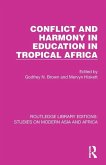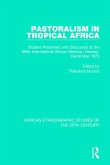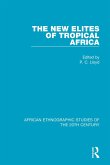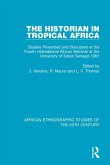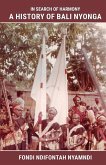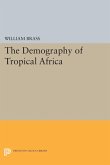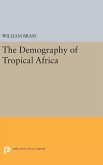Originally published in 1975, this book was something of a pioneering study. It examines the three main traditions of African educational development - indigenous, Islamic and 'Western' - and the resulting harmonies and conflicts that arise from these traditions. Its contributors are all specialists writing about their own particular area of interest covering many countries of tropical Africa. They include a number of well-known African scholars as well as some comparatively new names in the field of African Studies at the time. A feature of the book is the attention that it gives to the education of women - an aspect of 'nation-building' that had often been rather neglected. This study is an inter-disciplinary work, calling into contribution History, Sociology, Anthropology, Law, Linguistics, and Medicine, as well as Education. It seeks to show how complex the educational situation is in Africa - and how this complexity needs to be appreciated as a background to educational planning. Nobody who has read this volume will be inclined to dismiss educational reform in Africa as 'a relatively simple matter' - a point of view too frequently implied by those who have not studied the subject in depth. 'Off with the old - on with the new' cannot be so easily implemented as critics within and without the continent sometimes seem to think. More constructively, however, this volume provides many useful insights into ways in which social tension may be reduced and harmony promoted in, and through, education. Although it is likely to be of most immediate value to those who are concerned with African education and its administration (especially in teacher-education), the book constitutes a significant contribution to understanding problems of 'development'.
Hinweis: Dieser Artikel kann nur an eine deutsche Lieferadresse ausgeliefert werden.
Hinweis: Dieser Artikel kann nur an eine deutsche Lieferadresse ausgeliefert werden.


